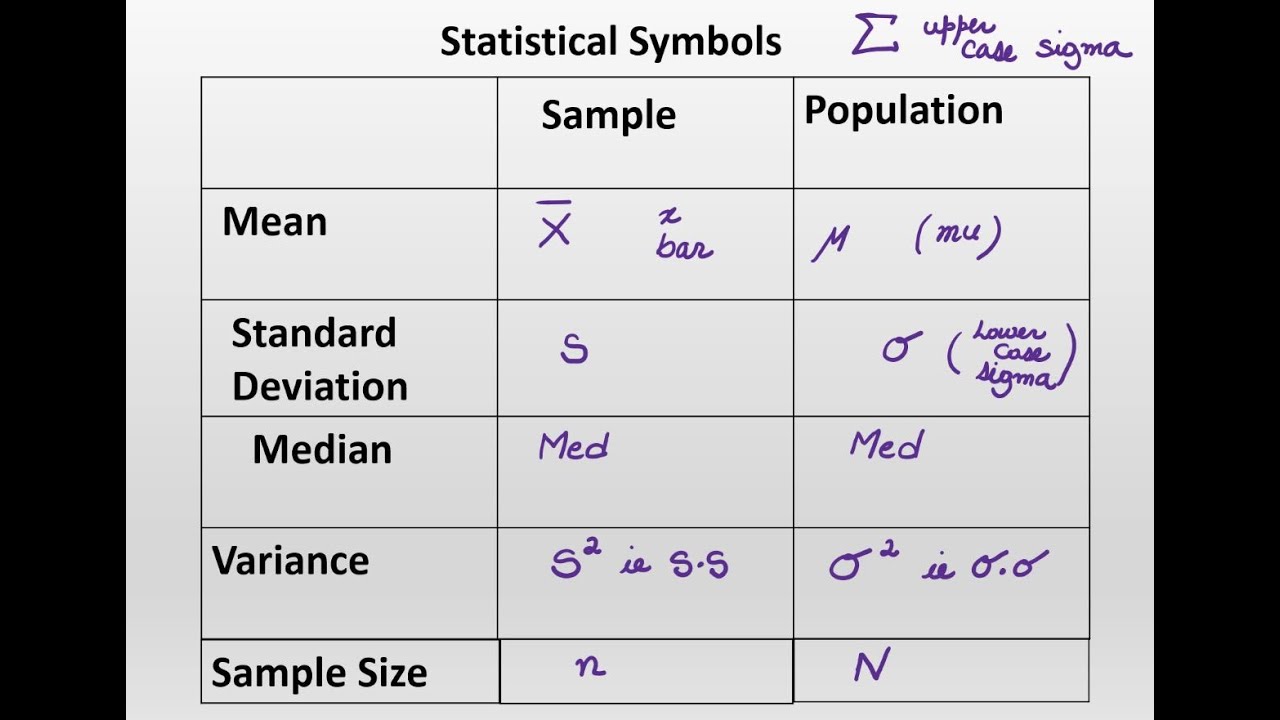
The truth is, I’m troubled by the discordant conclusions from well-meaning people in books, sermons and Bible studies. Everyone reads the same source material – the Bible. I’ve come to realize that my “faith-disconnects” aren’t, per se, with Calvin, Piper, MacArthur, Spurgeon, Sproul et al. Rather, these folks and countless others over thousands of years have wrestled with many questions and dilemmas that I’ve experienced. Many conclude and coalesce around Reformed Theology as being best able to explain and provide a framework to understand the nature and character of God and the world we live in. Others come to different conclusions.
That so many who study the Bible come to significantly different conclusions indicates (to me) that the Bible can be difficult to decipher. Perhaps this explains the various “camps” – denominations or other Christian entities which continually pop up.
The logic of Christian living makes sense, and I would certainly agree that my life has been more pleasant through Christian living. At least in my opinion, I find it somehow interesting that the teachings in Proverbs work just as well for non-Christians as Christians. Yet, what difference within an eternal scheme does it make? Through Calvinism’s Unconditional Election, I might be one of those on the ‘reprobate side and doomed to eternal separation from God because, well, God doesn’t want me. How can I know? Is faith validated through feelings or general agreement?
If there was the ability to accurately interpret the Bible, then does it not stand-to-reason that believers would derive the same (or at least very similar) conclusions regarding beliefs and doctrines. Christian faith, however, is replete with the error of false teaching and prophesy over thousands of years coupled with believers (prophetic or otherwise) claiming personal enlightenment. Is there such a thing as God speaking directly to individuals? I would agree that perhaps those like Moses in the OT.
Sadly, I have found it surprisingly easy to step back from Christian faith, in part, because:
- It became apparent that my questions to clergy and lay people alike were viewed as liabilities. Few wished to ‘engage’ with me in discussion. Fewer still seemed willing to follow the logic.
- Christianity almost felt like some kind of cult – or a country club and I wasn’t sure which was worse.
- It seemed that I was the only one troubled by stories of violence, misogyny and genocide found within the Bible.
- I tired of people telling me not to worry about my struggles because, “God’s ways are not our ways” and “God’s ways are higher than our ways.”
- The concept of determinism, as viewed through Calvinism, is for me a focal point into theological upheaval within Christianity.
- Fair-minded people arrive at significantly different conclusions as to the nature and character of God.
- I thought it’d be possible to make sense of varying Christian doctrines i.e. Calvinism, Arminianism and Open Theism in particular through personal study and reflection. What I’ve discovered, though, is that there are multitudes of very smart and good-willed people on both sides putting forth persuasive arguments. And these competing doctrines cannot coexist.
- The variance of Calvinist “theologians” including John Piper, John MacArthur, James White, RC Sproul, Martyn Lloyd-Jones and Jerry Bridges is completely at odds with “non-Calvinist” theologians including Dave Hunt, Roger Olson, Jerry Walls, and Greg Boyd. All of these individuals (and many more) have delved deep into the Bible and studied the history, culture and the languages. As I see it, there’s little agreement between the “Calvies” and “Armies.”
- Lacking any linguistic, historical and cultural knowledge, I find it necessary to “trust” what others say. Yet, with such wide opinions from learned people, matters of faith devolve into little more than personal opinion. Facts are too often ill-defined and not at all agreed upon. Perhaps it’s best summed up as theology ain’t math or chemistry.
Events, personal experiences, my own study, observations and the reading of contrary opinions from different Christian authors has ultimately led to the crumbling of the foundation of my Christian faith. Where is the truth? John 8:32. And how can one know?
At this point, I have to wonder if I ever was a Christian? If Calvinism is correct, was I ‘elected’ from the foundations of the world? I’ve been told that the Doctrines of Grace are the center-point of the gospel and that my antipathy therein is indicative of a lack of salvation. Yes, I accepted Christ and understood salvation. But have I ever really known God? Throughout my life, I’m hard-pressed to see a personal or relatable God with any interest in me or, frankly, anyone on this earth. I can only conclude, therefore, that the beliefs espoused by well-meaning Christians, and myself as well, are in actuality little more than personal opinion. In conclusion, does significant variances amongst Christians make much difference? I’ve spent a lot of time going back and forth between various books including Why I Am not a Calvinist (Walls & Dongell) and Why I Am not an Arminian (Peterson & Williams) and find it terribly frustrating and confusing to see scriptural references understood in diametrically opposed perspectives. I definitely prefer non-Calvinist conclusions. Yet, just because one prefers a given perspective doesn’t make it right. And so, in the end, I’m left wondering and trying to ascertain the truth. I get that not everyone concerns themselves with such things. Maybe it’s just how I’m ‘wired’.










